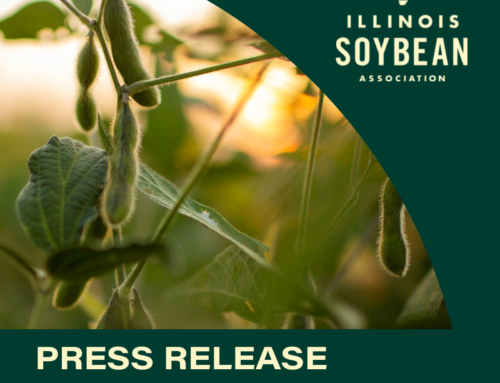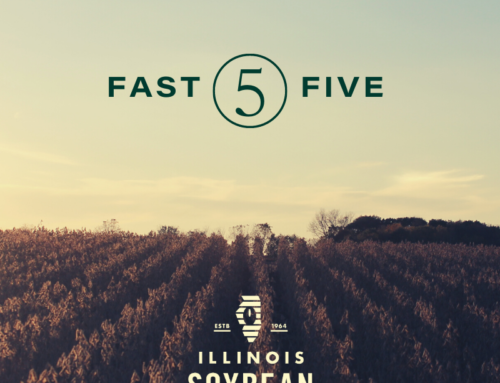BLOOMINGTON, ILL – December 14, 2021 – The Illinois Soybean Growers (ISG) hosted a listening session on December 14 in Bloomington, IL, to review legislative factors impacting the 2023 Farm Bill, to answer policy-related questions, and to engage concerns and feedback from Illinois farmer leaders. A virtual attendance option was also available.
“This early, there are more questions than there are answers,” says Mike Levin, Senior Director of Government Affairs for Illinois Soybean Association (ISA). “That’s why it’s important that we actively engage in conversation with our farmers, and do a lot of listening. We want to know what our farmers want from this Farm Bill, what they’re concerned about, where we should focus our efforts, and where gaps exist.”
The Farm Bill is the primary driver of federal farm policy, which is revisited by the House and Senate Ag Committees every five years. The 2018 Farm Bill, scheduled to expire in 2023, incorporates 12 titles, including commodities, conservation, trade, rural development, research and energy. ISG political strategists predict factors that will impact the 2023 Farm Bill will include the new Ag Committee leadership, climate change, trade challenges, pandemic-related issues, research and conservation, and cost expenditures.
Leadership from Michael Torrey Associates (MTA), a government relations firm specializing in agricultural issues, presented the process for developing new farm legislation, and led discussion around upcoming crop insurance issues, budget considerations, program review, voluntary carbon programs, and results from a farmer survey initiated by ISG.
“This is just the beginning of a long process that will require a lot of work,” says Levin. “But these imperative discussions are adding up, and preparing us for what’s ahead. We will continue to collect farmer feedback, solicit expert legislative advice, and collaborate with other commodity groups who are also working for the best interests of Illinois agriculture.”
The Illinois Soybean Association (ISA) checkoff and membership programs represent more than 43,000 soybean farmers in Illinois. The checkoff funds market development and utilization efforts while the membership program supports the government relations interests of Illinois soybean farmers at the local, state, and national level, through the Illinois Soybean Growers (ISG). ISA upholds the interests of Illinois soybean producers through promotion, advocacy, and education with the vision of becoming a market leader in sustainable soybean production and profitability. For more information, visit the website www.ilsoy.org and www.ilsoygrowers.com.
###

